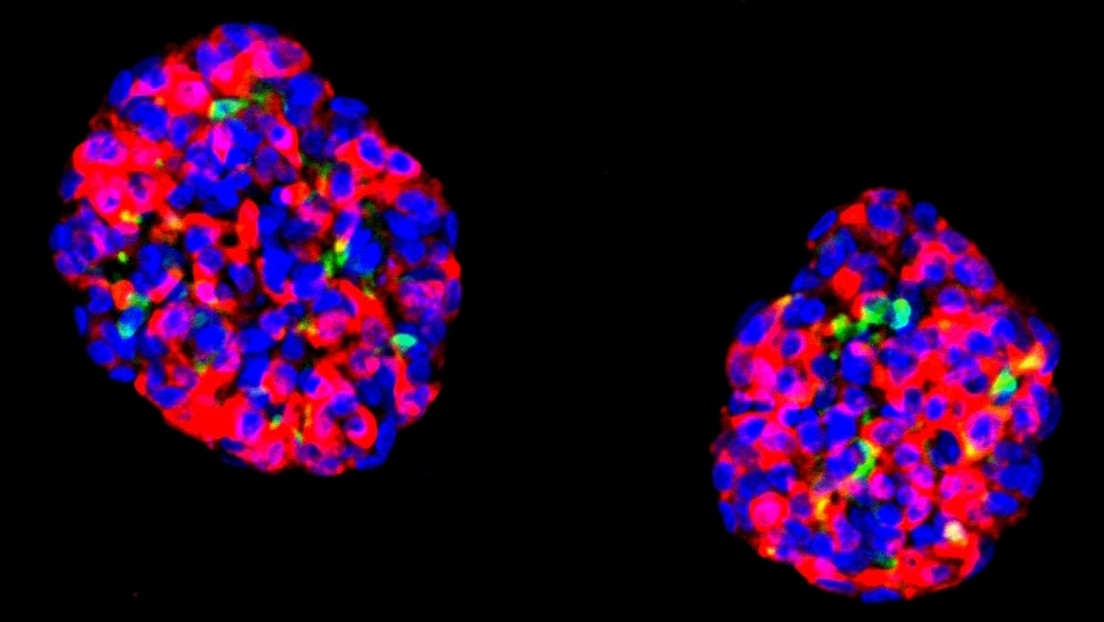Scientists hope this experiment will help develop a treatment, based on patients’ cells, for type 1 diabetes and severe type 2 diabetes.
Researchers from Weill Cornell Medicine, USA, have reprogrammed human stomach cells to secrete insulin, reversing the disease in an experimental model of diabetes. The result offers a promising approach for the diabetes therapy in humans. In the preclinical study, scientists directly reprogrammed stem cells obtained from human stomach tissue with high efficiency and converted them into insulin-secreting pancreatic beta cells. They then cultured small clusters of these cells in tissue with organ-like characteristics and found that they rapidly became sensitive to glucose, responding with insulin secretions. When these organoids were transplanted into diabetic mice, they functioned similarly to real pancreatic beta cells. Organoids secrete insulin in response to rising blood glucose and maintain stable plasma glucose levels. The grafts continued to work during the six months of the experiment, suggesting a good life span. Experts estimate that 1.6 million Americans have type 1 diabetes, which results from an autoimmune attack that destroys beta cells in the pancreas. On the other hand, at least several million Americans lack sufficient beta cells due to severe type 2 diabetes. Current treatments have multiple drawbacks that reduce patients’ quality of life.
“This is a proof-of-concept study that provides us with a solid foundation to develop a patient-based cell-based treatment for type 1 diabetes and severe type 2 diabetessaid lead author Joe Zhou, director of the study. Pancreatic beta cells have the advantage that they can automatically detect blood sugar levels and secrete the required amount of insulin. For this reason, the transplantation of modified gastric stem cells, obtained from the patients themselves, would solve the drawbacks of current therapies to address diabetes and would avoid the problem of transplant rejection. “The stomach produces its own hormone-secreting cells, and stomach cells and pancreatic cells are adjacent in the embryonic stage of development, so in this sense it is not entirely surprising that gastric stem cells can transform so easily into beta-type cells. that secrete insulin.“, explained Dr. Zhou. The study was recently published in Nature Cell Biology. Specialists believe that their method still needs to be optimized before it can be considered for clinical use. Improved procedures would be needed to scale up the production of beta cells for human transplants. Modifications to the transformed cells are also needed to make them less vulnerable to the kind of immune attack that initially kills the beta cells in patients with type 1 diabetes.
